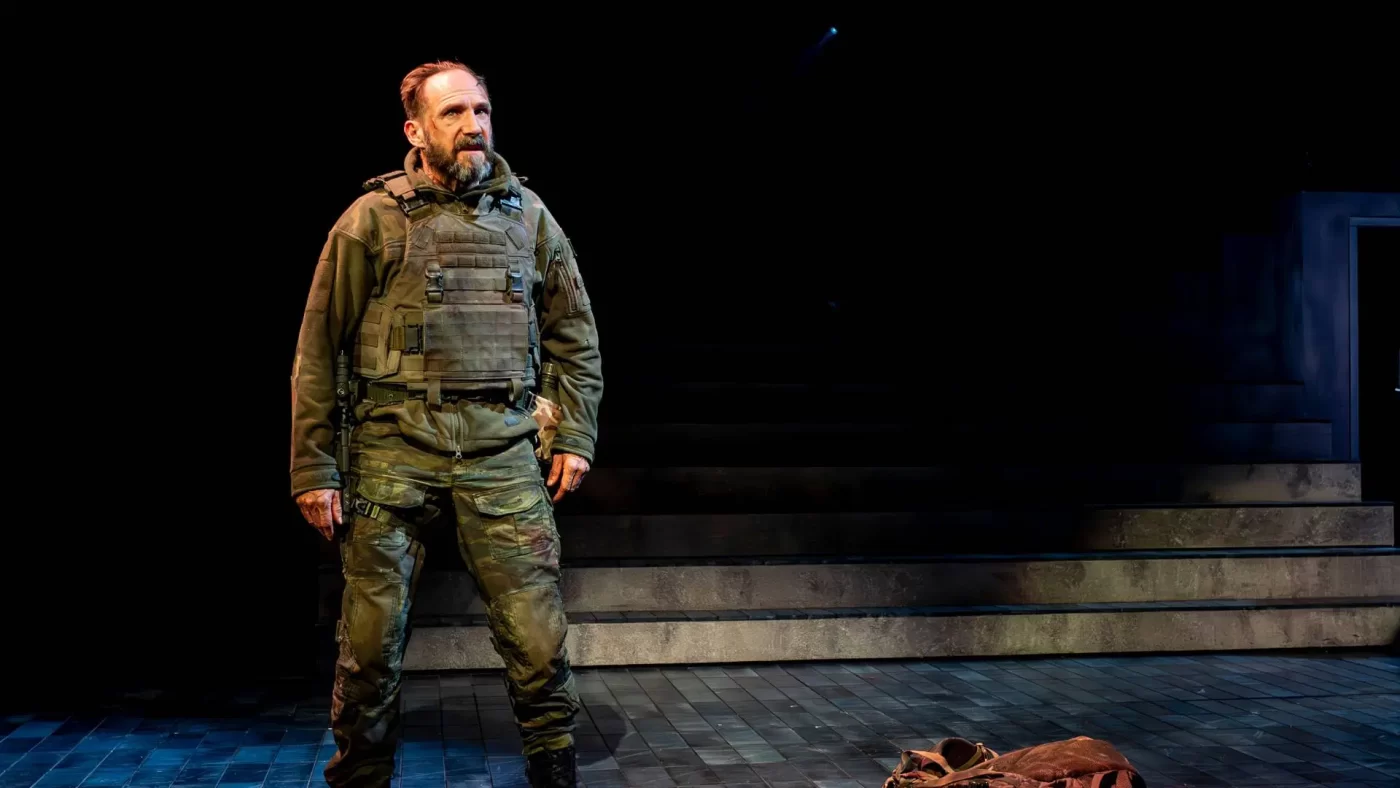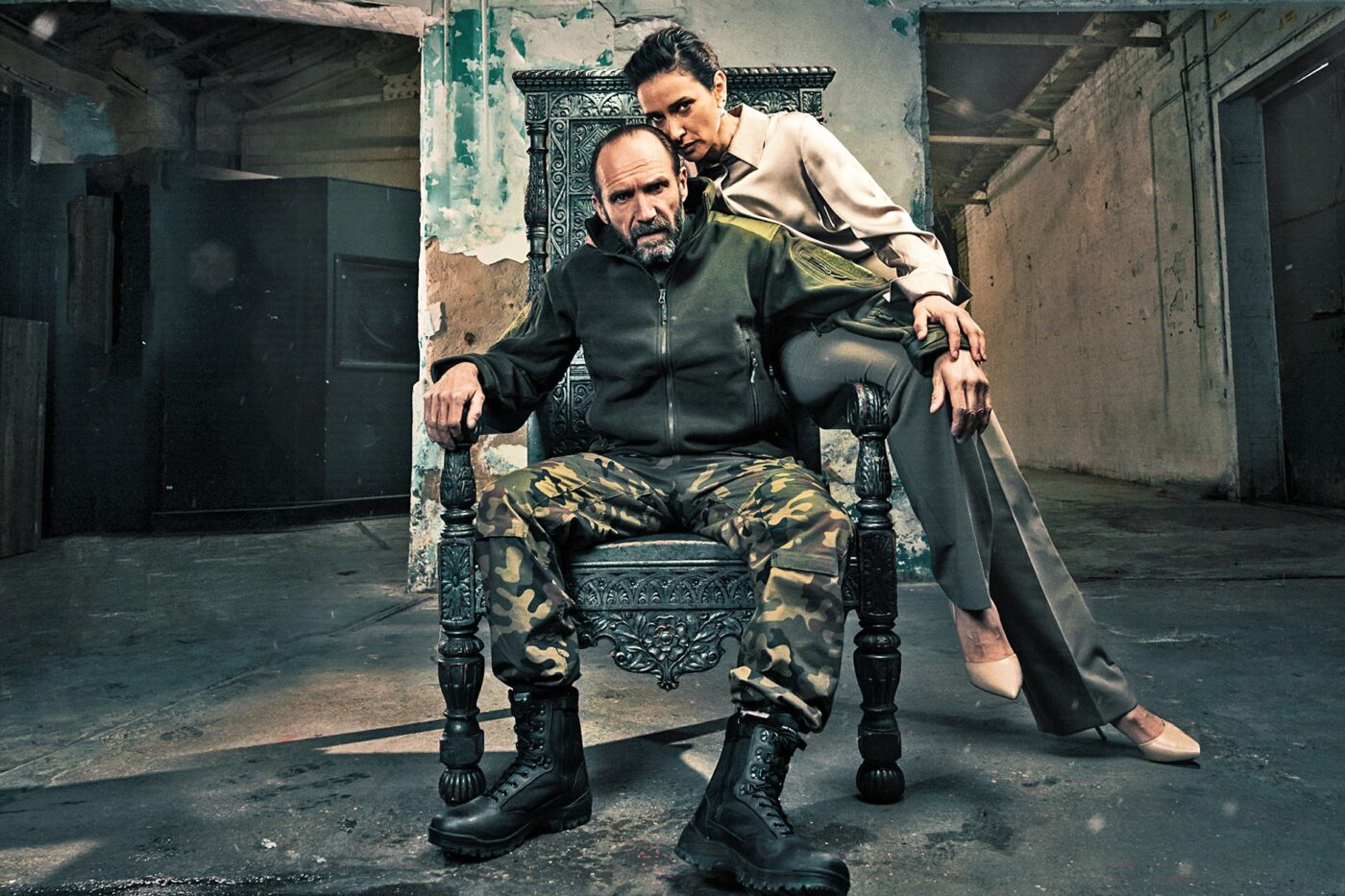Best known for his eternal performance as Voldermort in the film adaptations of J. K Rowling’s Harry Potter book series, Ralph Fiennes has argued that modern audiences have gone too “soft” for requiring trigger warnings before performances.
The Harry Potter series is one of the most iconic and celebrated works ever made, reaching millions of magical fans throughout the world. First released in 2001, the films featured a who’s who of British acting royalty, including stars such as Alan Rickman, Gary Oldman and, of course, Ralph Fiennes.
At the time, parents were concerned about some of the themes and motifs explored in the films and were forbidding their young children from watching the remakes and reading the original material. But would they have been more accessible for young viewers if they featured a trigger warning before?
WATCH Ralph Fiennes says there shouldn’t be trigger warnings before theatre performances below.
A true thespian, in every sense of the word, Ralph Fiennes is a self-confessed student of Shakespeare, and when he’s not starring in blockbusters such as Harry Potter and In Bruges, the British actor has spent much of his time performing Shakespeare’s works in London and around the UK.
But Fienne’s recent comments have gone viral during a recent press, after the Macbeth star argued that trigger warnings before performances show how soft modern audiences are becoming, arguing it has never been necessary in the past.
“There are some very disturbing scenes in Macbeth – terrible murders and things. But I think the impact of theatre should be that you’re shocked and you should be disturbed. I don’t think you should be prepared for these things”, Fiennes told the BBC.

In Shakespeare’s work, Macbeth’s relentless pursuit of power leads him to commit heinous acts, such as regicide and ordering the murders of innocents, which disturbs audiences as they witness the corruption of a once honourable character.
Disturbing, yes. But Fiennes believes that trigger warnings would only take away from the overall experience of the theatre, denying the audience from being present and experiencing the excitement of the live medium.
